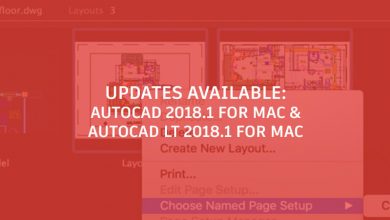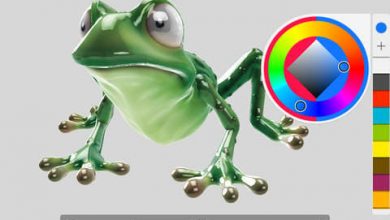
What is smart city design? That’s the $50 million question asked by the US Department of Transportation’s Smart City Challenge. Each of the seven finalist cities—Austin, Columbus, Denver, Kansas City, Pittsburgh, Portland, and San Francisco—hope they have the winning answer. And the DoT hopes the winner implements its grand transit design and becomes that “shining city on a hill” all the other cities look up to—and copy ideas from.
Cities have issues. That’s to be expected. No matter how well they’ve been designed or planned, when you bring together in one place that many people, purposes, and possibilities, there are going to be … problems.
Especially regarding transportation.
On the one hand, the problems seem intractable. It’s been a mess forever, hasn’t it? Cities simply have too many other problems to do deal with, too many little (mostly people) and big (mostly buildings) things that get in the way of moving around and, for the last 100 years or so, just way too many cars.
On the other hand, there’s great reason for optimism—mainly, the potential mainstreaming of proven, innovative technologies that could, to quote a Washington Post headline, “completely change the American city.”
Of course, we’ve been hearing that sort of thing our entire lives. (Jetsons, anybody?) Ho hum.
But now the federal government has stepped in with a competition that could actually could move the needle quite a bit.
$50 million for smart city design
The DoT’s Smart City Challenge will award $40 million to help one city realize its vision of transportation utopia—a vision the DoT expects to include “self-driving cars, connected vehicles, and smart sensors.” Private firms, including Autodesk, which has been providing the finalists with InfraWorks 360 and 3ds Max access and support, are kicking in another $10+ million in software, services, and equipment.

A proof-of-concept InfraWorks 360 3D model of Los Angeles.
In addition to helping the finalists conceptualize and present their designs, Autodesk sponsored the competition’s Final Pitch, on June 9, in which teams representing each of the seven city finalists put forward their highly refined Smart City proposals to the DoT (and the world—the event was streamed live).
By the end of the month, we’ll know the winner. And, maybe, the future of the American city.
Read “Government Competition Could Completely Change the American City” in the Washington Post
Dig into each city’s proposal in “Designing Tomorrowland”
Explore the Smart City Challenge on the DoT website
Watch the finalists’ video pitches—you can start below (with play all) or, to pick and choose, visit the #DOTSmartCity Challenge page
Source: Autodesk







